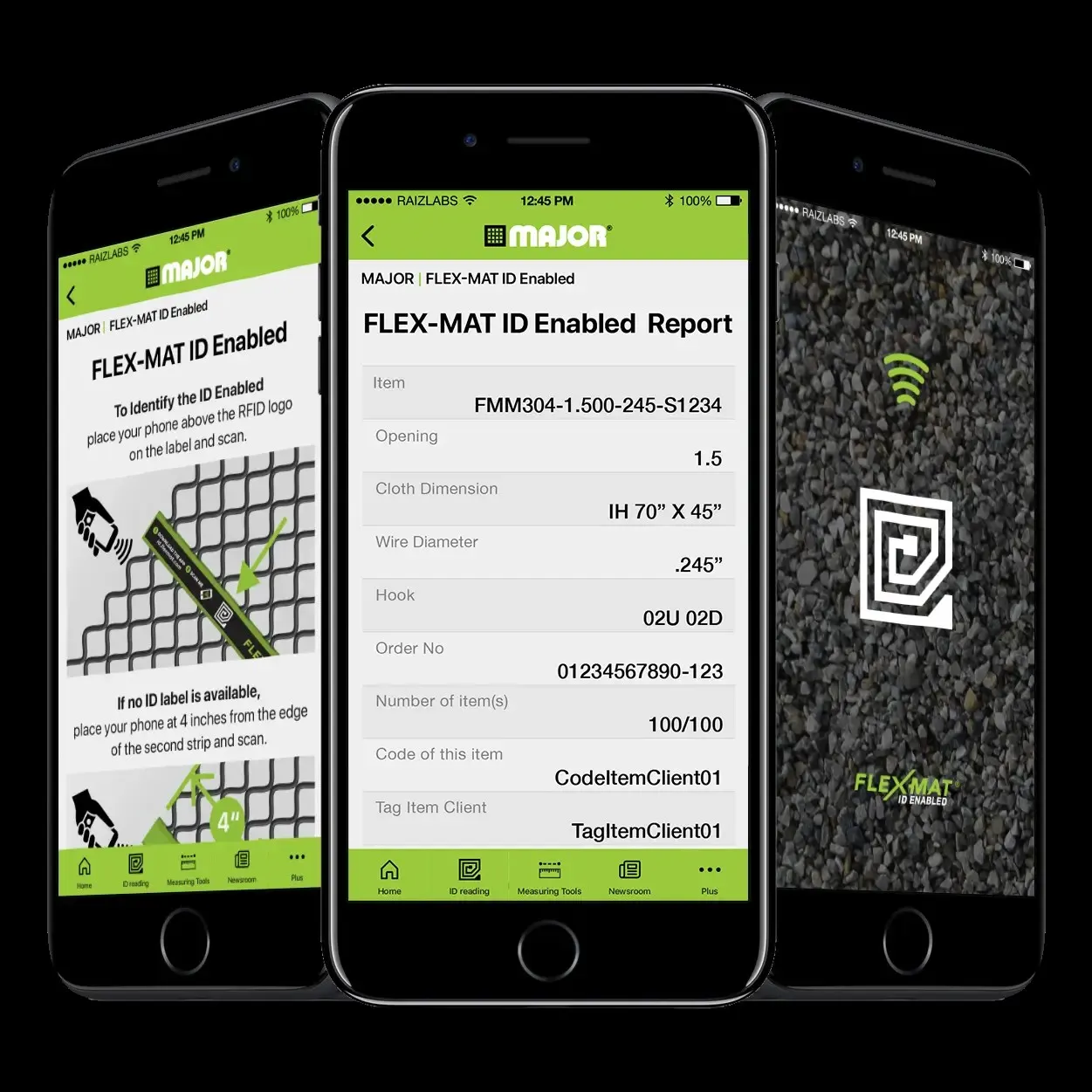Navman Wireless’ Qtanium 300 GPS construction fleet tracking system has won a 2011 Chicago Innovation Award set up to recognise the most innovative new products and services introduced by Chicago-area companies. The Qtanium 300 is claimed to be the first universal construction fleet tracking system, making it possible to monitor actual equipment usage and associated costs for all makes and models of construction equipment from a single application. As part of the company's flagship OnlineAVL2 fleet tracking
April 30, 2012
Read time: 2 mins
RSS4909 Navman Wireless’ Qtanium 300 GPS construction fleet tracking system has won a 2011 Chicago Innovation Award set up to recognise the most innovative new products and services introduced by Chicago-area companies.
The Qtanium 300 is claimed to be the first universal construction fleet tracking system, making it possible to monitor actual equipment usage and associated costs for all makes and models of construction equipment from a single application. As part of the company's flagship OnlineAVL2 fleet tracking platform, it also offers the industry's first combined on- and off-road vehicle tracking capability for efficient cost management across the entire fleet.
The system gathers data from the outdoor-proofed Qtanium 300 GPS tracking unit as well as sensors connected to machine attachments. That data is transmitted to Navman Wireless' back-end software, which is able to display the real-time location of all vehicles in the fleet on one screen as well as generate in-depth vehicle usage reports for analysis and interpretation.
Job site cost reports track actual equipment usage and associated costs by site, for example, while other reports document engine hours, maintenance status, idling time, equipment utilisation, and usage of machine attachments such as buckets, hammers and shears. Other benefits include multiple anti-theft measures built into the Qtanium hardware to protect contractors against expensive equipment loss.
"Fleet tracking systems save millions of gallons of fuel as well as millions of dollars of operating expenses for car, van and truck fleets every year, but construction contractors traditionally have been unable to take advantage of these savings because of the lack of reliable technology for use with equipment like bulldozers and backhoes,"said T.J. Chung, CEO of Navman Wireless. "This award recognises both the technology achievement and the business value of our Qtanium 300 system and is a credit to the whole Navman team for meeting an important market need."
The Qtanium 300 is claimed to be the first universal construction fleet tracking system, making it possible to monitor actual equipment usage and associated costs for all makes and models of construction equipment from a single application. As part of the company's flagship OnlineAVL2 fleet tracking platform, it also offers the industry's first combined on- and off-road vehicle tracking capability for efficient cost management across the entire fleet.
The system gathers data from the outdoor-proofed Qtanium 300 GPS tracking unit as well as sensors connected to machine attachments. That data is transmitted to Navman Wireless' back-end software, which is able to display the real-time location of all vehicles in the fleet on one screen as well as generate in-depth vehicle usage reports for analysis and interpretation.
Job site cost reports track actual equipment usage and associated costs by site, for example, while other reports document engine hours, maintenance status, idling time, equipment utilisation, and usage of machine attachments such as buckets, hammers and shears. Other benefits include multiple anti-theft measures built into the Qtanium hardware to protect contractors against expensive equipment loss.
"Fleet tracking systems save millions of gallons of fuel as well as millions of dollars of operating expenses for car, van and truck fleets every year, but construction contractors traditionally have been unable to take advantage of these savings because of the lack of reliable technology for use with equipment like bulldozers and backhoes,"said T.J. Chung, CEO of Navman Wireless. "This award recognises both the technology achievement and the business value of our Qtanium 300 system and is a credit to the whole Navman team for meeting an important market need."







